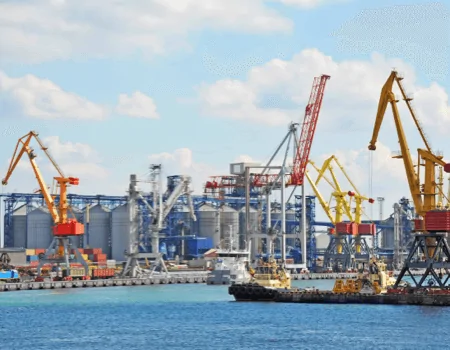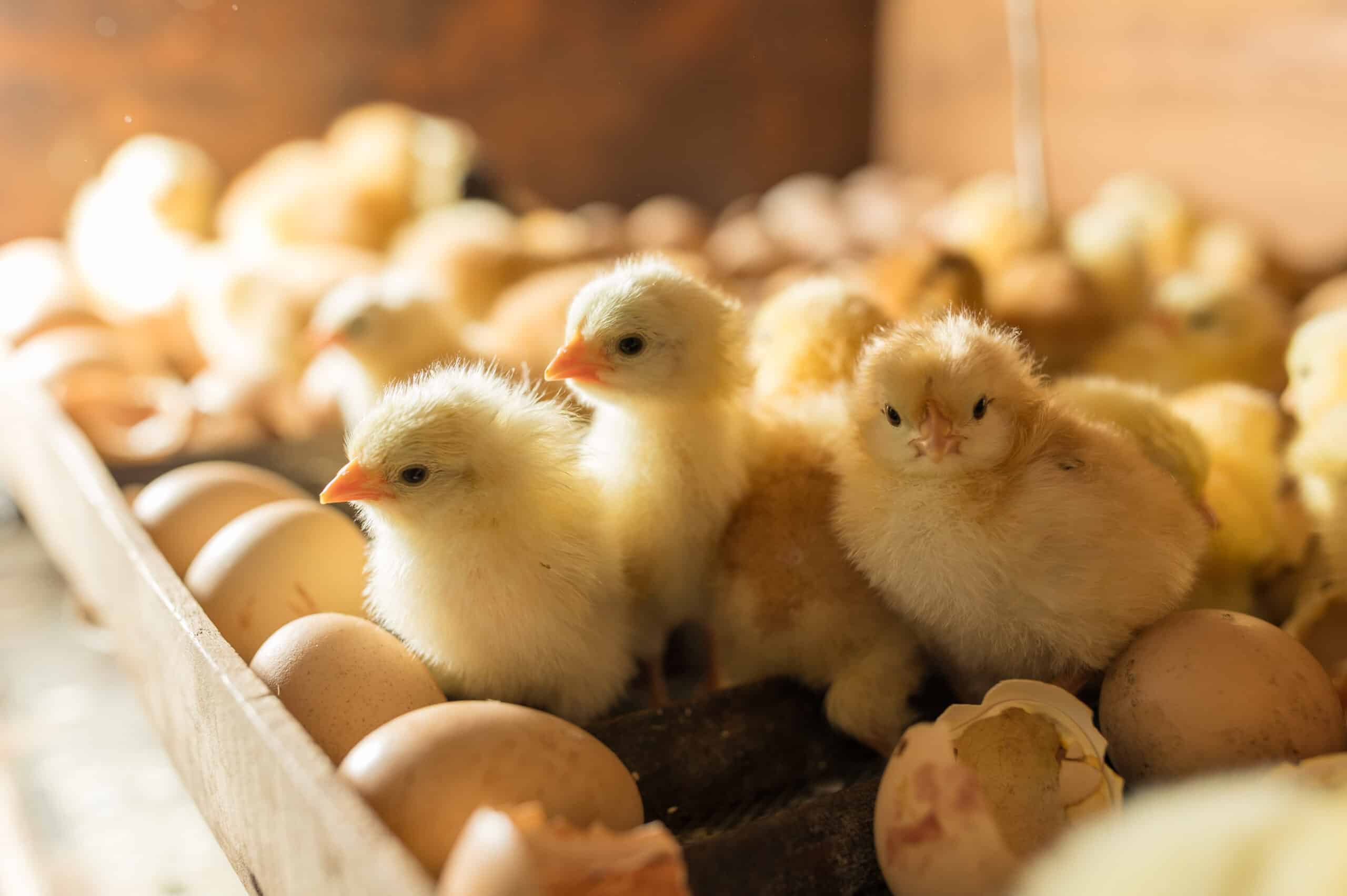Years of financial, political, and governmental strife meant Lebanon’s food security vulnerability was at a heightened state well before the tragic explosion that rocked Beirut on the 4th of August. The global pandemic had added to already serious social unrest, devastated businesses and ramped up unemployment. Lebanon was already at its limits, through holding the world’s largest population of refugees fleeing conflict in neighbouring regions.
Despite all the difficulties besetting the country, there was a more fundamental problem running in parallel behind the scenes.
Lebanon is being cruelly exposed for its lack of attention to food security and now international efforts are accelerating to prevent a humanitarian disaster.
What led a country once referred to as the breadbasket of the eastern Mediterranean becoming a basket case?
Absence of contingency by Lebanon’s government
Poor economic planning and resource appreciation led to a massive dependency on imports and a disregard for contingency in terms of storage and self-sufficiency.
This manifested itself in a failure to keep a strategic reserve. Most countries who are heavily dependent on imports will have this contingency.
Lebanon imports all of its wheat, mostly from Russia and Ukraine, but the global pandemic has interfered with that supply.
In addition, the country defaulted on a $1.2 billion Eurobond loan in March, effectively declaring itself bankrupt. That lack of finance further alienated import clients and exposed the failure to keep a strategic reserve.
Financial dysfunction hinders supply chain infrastructure
Those charged with food security strategy in Lebanon were aware of the need for improvement. Plans had been made for a second large grain silo in the country’s second largest port, at Tripoli. However, the plan to diversify was halted, as the government declared a lack of funding available.
Because of that decision, with their only fit port destroyed, authorities are now scrambling for temporary storage facilities and sending grain to warehouses in Tripoli and other ports in Saida, Selaata and Jiyeh.
In the days following the explosion, four vessels containing 25,000 tonnes of flour were redirected to Tripoli, as that much smaller port’s authorities attempted to manage a daunting logistical challenge.
The country is heavily in need of a bank bailout and external administrative help in prioritising financial requirements around food security. Right now, the banks are in disarray, the currency is collapsing, and Lebanon has a huge debt burden.
Food security is in jeopardy, with the country’s Economy minister Raoul Nehme conceding as much, declaring that there were “very limited” resources to deal with the disaster, which could amount to $15 billion in cost.
Unnecessary import dependency
Lebanon has plentiful natural resources in terms of growing its own food. Unfortunately, the country’s potential has been eroded by stealth for decades due to poor government performance.
A major consumer of flatbread, the domestic demand for wheat is around 40,000 tonnes per month, with domestic production accounting for just 10 per cent of that demand. 1.2 million tonnes are imported via the Black Sea, from Russian and Ukraine to service that need.
The present pandemic saw Russia suspend its wheat exports, again exposing Lebanese food insecurity.
It is clear that the government requires a long-term strategic plan to increase its food independence, making it better prepared to meet the challenge of future disruptors.
It is to be hoped that Lebanon’s government can be reformed, and structures put in place to ensure the crucial area of food security is given the attention it deserves.
Subscribe to our upcoming Supply Lines and Food Security Webinar for more analysis of Lebanon’s plight, the experience of other countries, and what can be learned from past disruption of the food supply system.
Improve food security with Farrelly Mitchell
Lebanon‘s food security crisis exposes the dangers of import dependence. At Farrelly Mitchell, we can help build supply chain resilience for domestic production and secure self-sufficient food security.
With the help of our market intelligence & insights, supply chain optimisation, and feasibility studies, you can identify alternative supplier, assess market fluctuations, streamline logistics, and develop data driven strategies to enhance domestic food production. Contact our team today to learn more about our expertise in food security solutions.














